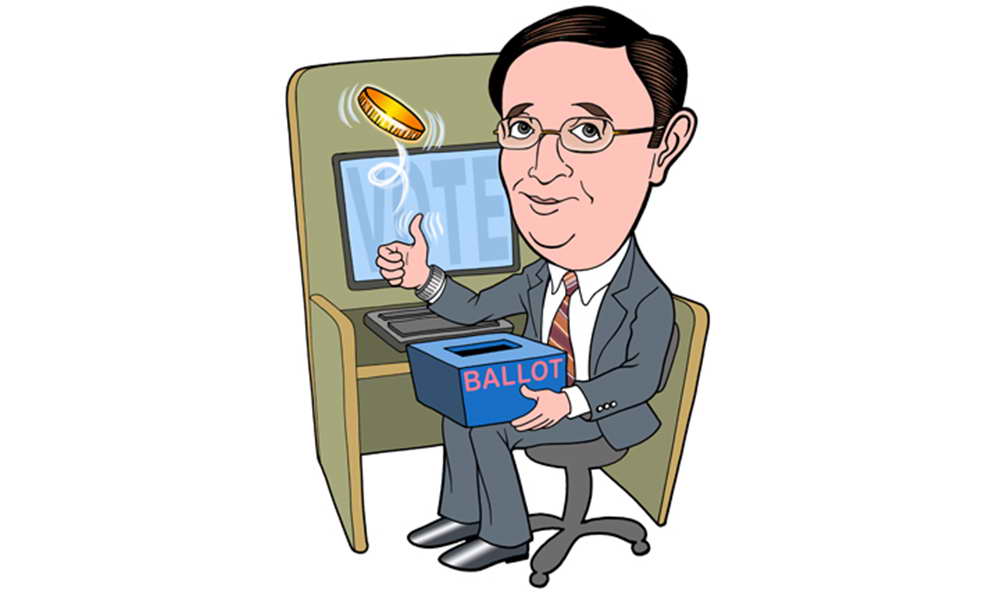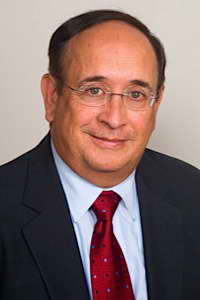By Dr. Lee M. Miringoff
Tomorrow night’s debate on WABC-TV between NYC Mayor Michael Bloomberg and Democrat Bill Thompson represents the challenger’s best and probably last opportunity to close the gap in the race for mayor. I’m not sure Thompson’s chances are as dire as a Hail Mary pass but they are certainly no better than trying a 50 yard field goal into a strong wind.
The latest Marist Poll numbers put Bloomberg ahead of Thompson by 16% among likely voters. The gap has widened since last month when Marist had the contest at 9% in Bloomberg’s favor. Although undecided voters typically gravitate to the challenger in these kinds of matchups, that doesn’t appear to be happening this time around.
Why?
Several reasons. First, the Bloomberg campaign has been on the attack. Although Bloomberg’s approval rating is nearly 60%, the mayor is garnering only in the neighborhood of the low fifties in the tossup. The focus of the Bloomberg campaign is to make sure undecided voters don’t find the challenger in the closing days of the campaign. So far so good for the mayor. Not only has his lead widened but Thompson’s negatives have grown from 22% to 33% in a month.
The money factor also plays Bloomberg’s way. No shock here, but this mayoral campaign is different from previous ones. There are fewer journalists providing less free media … something an underfinanced Thompson campaign needs. The premium has been on paid media and that favors Bloomberg and contributes to the problems Thompson has faced in getting any traction.
Third, the Thompson campaign has repeatedly relied on a single sheet in its playbook — namely, Bloomberg’s reversal on term limits. New Yorkers aren’t happy with this change in the rules, but it alone is not a winning issue for Thompson. Campaigns are about telling voters something they don’t already know. Rick Lazio fell victim to a similar failed strategy in 2000 when he harped on Hillary Clinton’s carpetbagger status. Thompson needs to get beyond this issue if he has any hopes of scoring an upset.
That brings us back to the candidates’ final debate. Mayor Bloomberg no doubt will continue his strategy of disengagement. He certainly is not the most gifted debater to stand behind a podium and he has no need to mix it up with Thompson. Instead, Bloomberg is likely to counterpunch when attacked and point to the future every chance he gets. Isn’t that what campaigns are about?
On Thompson’s side of the equation, he was surprisingly feisty during the NY1 debate but now needs to establish his rationale for running. What will he do as mayor? This is not Obama vs. McCain. The currents of change are not strong enough to carry Thompson into office.
There are several other elements that are unique to NYC campaign ’09. Baseball has been in the air and has distracted voters from what has generally been a ho-hum contest. 79% of the city’s electorate, including 62% of Thompson backers, think Mayor Bloomberg is a shoo-in.
Issues concerning New Yorkers right now are more national and international in scope … the economy, the war, health care etc. There hasn’t been a local issue to mobilize voters save the already discussed extension of term limits.
And, there is for campaign 2009 a letdown from this time last year when candidate Obama was moving New Yorkers to follow that campaign in unprecedented ways. Turnout is likely to be low, and that may also play Bloomberg’s way with his GOTV effort ready to launch.
Finally, this is a somewhat charisma-challenged contest. New York City voters historically have rotated mayors between the bigger than life grandstand type to the image of a competent manager mayor. From Broadway Bound John Lindsay to Comptroller Abe Beame to “How Am I Doing” Ed Koch to David Dinkins to Rudy Giuliani to Michael Bloomberg. If history is any guide, the mayor to follow Bloomberg should be a slam dunk candidate.
Thompson has failed to demonstrate that capacity so far and must now do so. We’ll be taking a final pre-election sample of New Yorkers following the debate to see if they are thinking any differently.


